- Hindus express hope for educational reform under AA administration
- Arakanese zat pwe performers struggle to survive as conflict halts traditional shows
- India-Arakan trade routes fully reopen after two-month closure
- When Prisoners Are Bombed, the War Has No Rules Left
- Two civilians killed, two injured in junta airstrike on Ramree village
Three killed in protests over gang-rape of ethnic schoolgirl in Bangladesh
The Bangladeshi military and the Bengali community have been brutally cracking down on demands for justice over the rape of an indigenous eighth grade schoolgirl in the Chittagong Hill Tracts of Bangladesh, resulting in casualties and injuries, according to local residents and Bangladeshi news reports.
29 Sep 2025
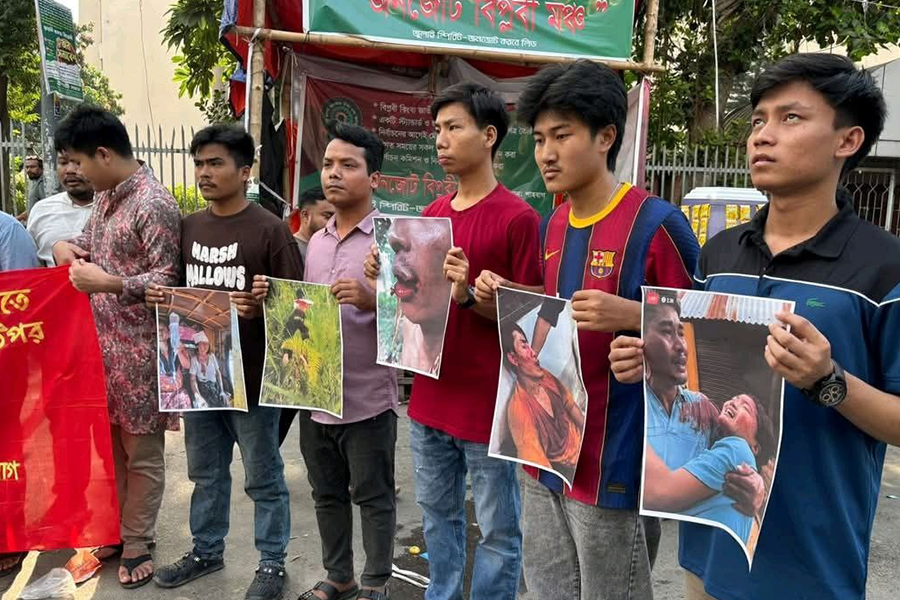
DMG Newsroom
29 September 2025, Mrauk-U
The Bangladeshi military and the Bengali community have been brutally cracking down on demands for justice over the rape of an indigenous eighth grade schoolgirl in the Chittagong Hill Tracts of Bangladesh, resulting in casualties and injuries, according to local residents and Bangladeshi news reports.
The clashes occurred following the September 23 gang rape of an eighth grade schoolgirl in Khagrachhari district, one of the three hill districts of the Chittagong Hill Tracts bordering India and Myanmar.
A local woman told DMG that at least two indigenous women and three men were killed and many others injured when the Bangladeshi military violently cracked down on peaceful protests by indigenous people in Guimaras at around 5 p.m. on September 28.
“The protests are in Khagrachhari, Dhaka and Chittagong. The army and the Bengalis have burned down many houses. The death toll may be more than five, and monasteries have also been set on fire,” she said.
It was also reported that Bengali people who have migrated to the Chittagong Hill Tracts with the help of military and police security personnel have burned down more than 50 shops owned by local indigenous people.
The Bangladeshi military has been accused of protecting the perpetrators, participating in the burning of homes of local ethnic groups, committing acts of violence, and forcing local ethnic groups to flee their homes.
The Bangladesh Army has imposed Section 144 of the Penal Code in the Khagrachari hill district, prohibiting gatherings of more than three people, and has said those in violation will be prosecuted.
The protesting indigenous peoples are demanding action against the authorities for their violence, action against those who committed the violence, compensation for the destroyed houses and shops, the release of detained ethnic people, holding a dialogue with ethnic representatives, and the lifting of Section 144. If this is not accepted, they have announced that they will continue their struggle in a more rigorous and systematic manner, including road blockades.
The rape has served as a flashpoint for long simmering tensions between local indigenous communities and Bengali settlers.
“The Bengalis who migrated later became more numerous, economically prosperous, and had access to education, but they began to discriminate against the indigenous minority, and violence against them due to their different religions and ethnicities gradually increased,” said an indigenous man from the Chittagong Hill Tracts. “The previous government protected the indigenous people a little, but now that the government has reached the stage of cooperating, the situation is scary.”
The Bangladesh government has reportedly cut off telecommunications lines and imposed a blockade in the Chittagong Hill Tracts.
The caretaker government of Mohammad Yunus has been accused of failing to protect minority rights since taking office in August 2024.




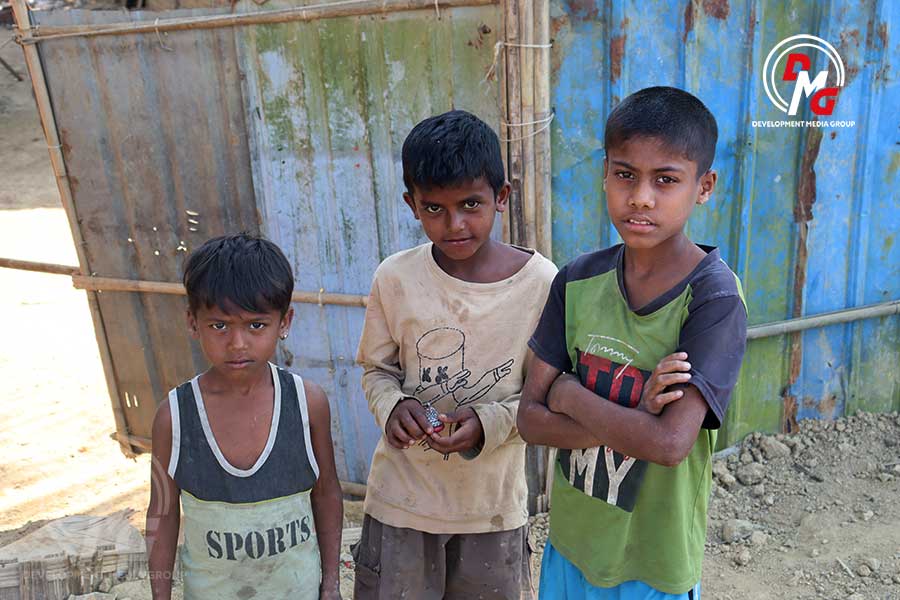
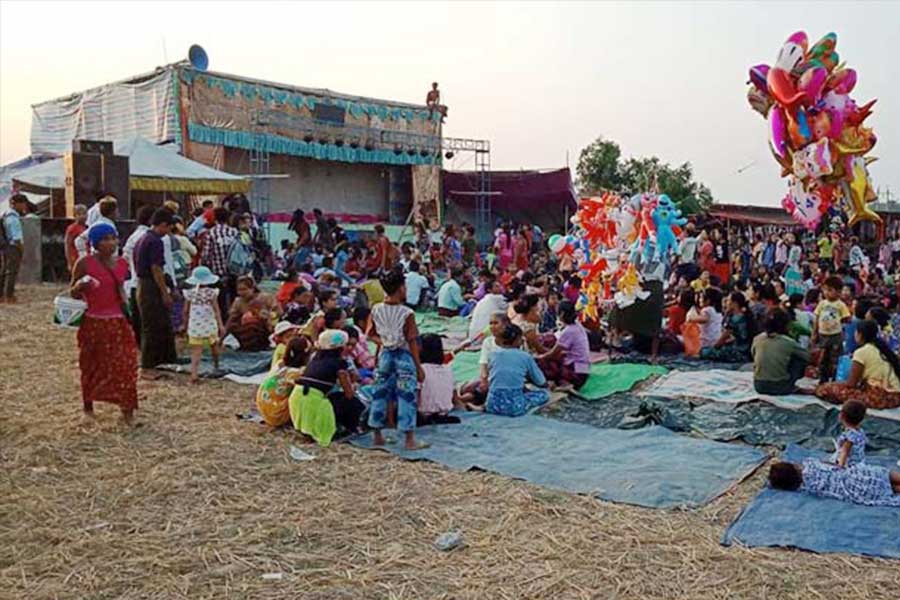
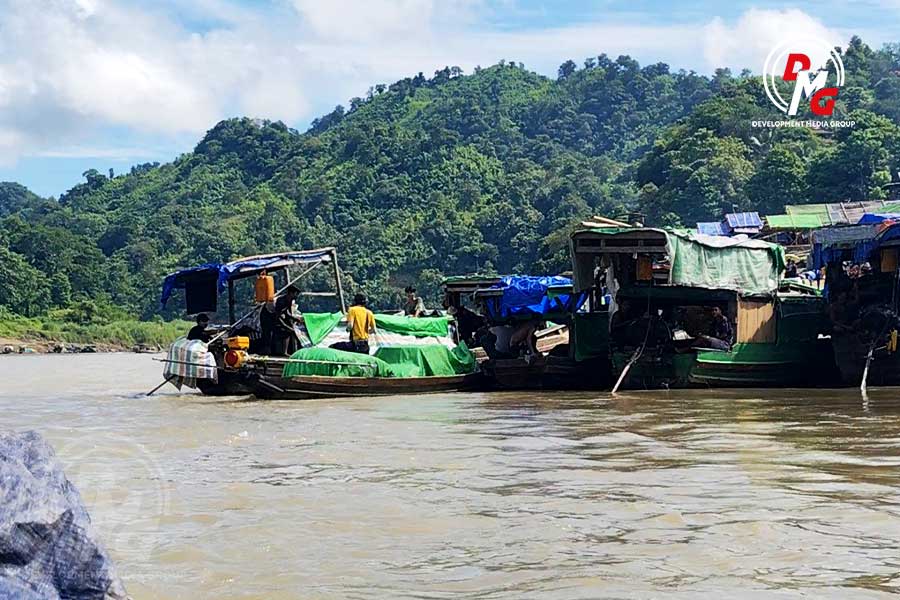
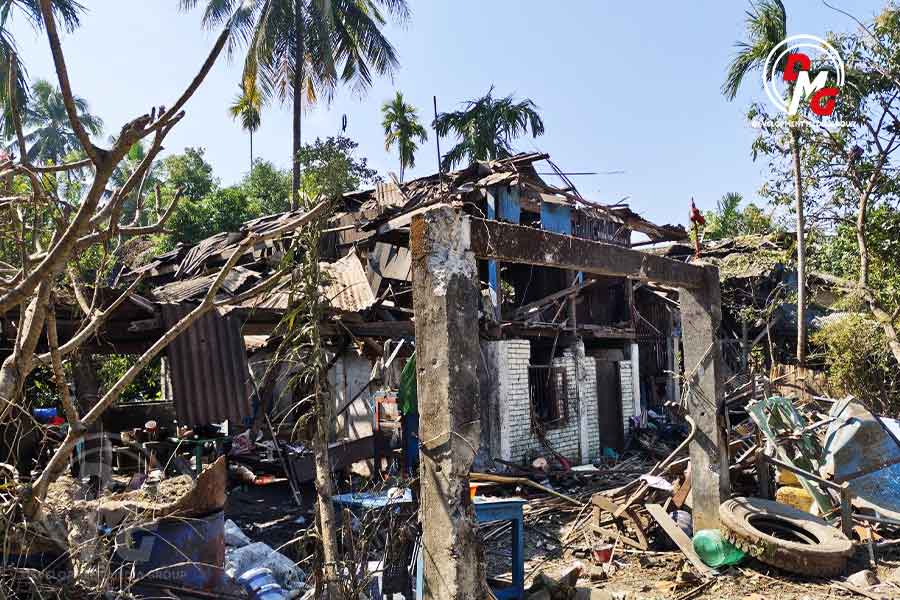
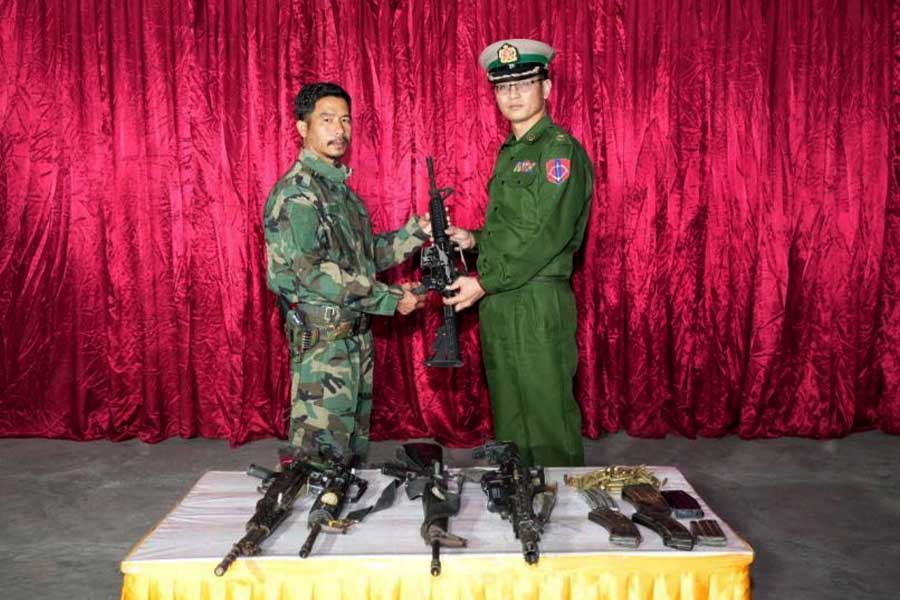








.jpg)